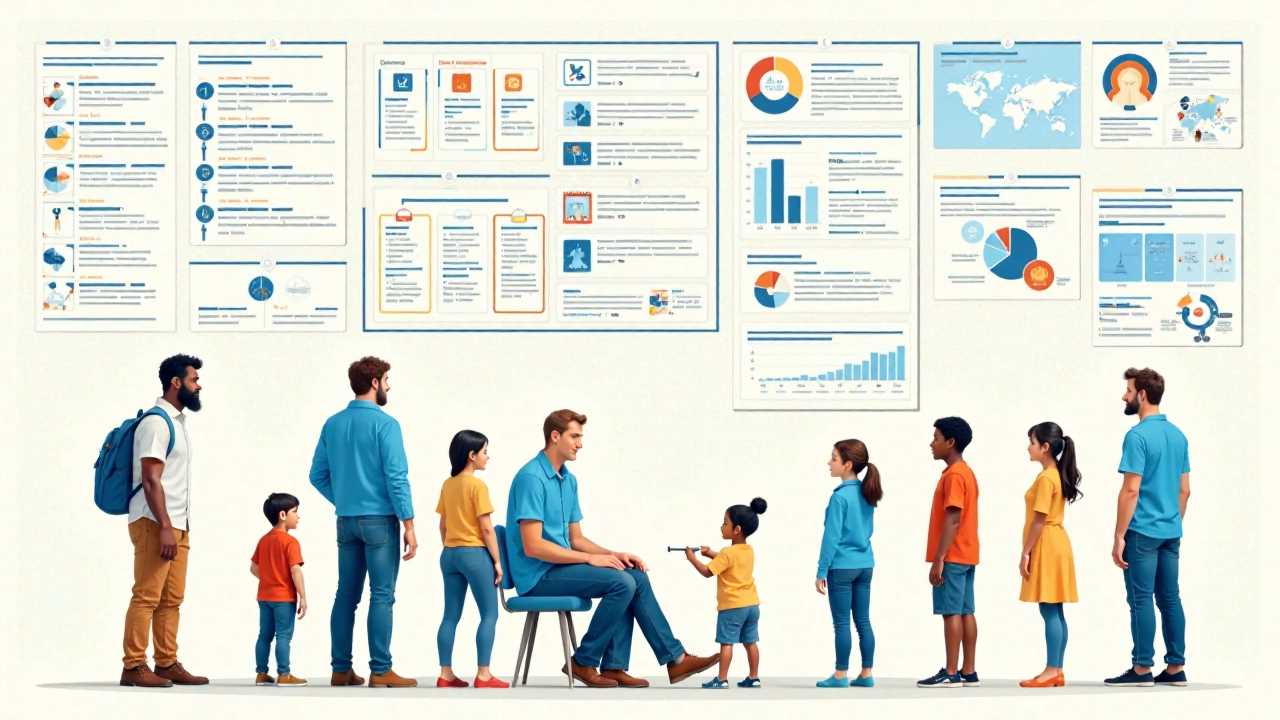
Understanding Social Skills Training Materials
Social skills training materials are vital resources designed to help individuals develop and refine their interpersonal abilities. These materials encompass a wide range of tools, including worksheets, role-playing scenarios, and instructional videos, all aimed at enhancing social interaction and improving communication strategies. By utilizing these resources, educators and caregivers can create structured environments that foster learning and growth in social competencies.
The Importance of Social Interaction
Social interaction is a fundamental aspect of human life. It serves as the foundation for building relationships, understanding social cues, and developing empathy. For individuals with special needs, mastering social interaction can be particularly challenging. Training materials that focus on practical exercises and real-life scenarios can significantly aid in bridging the gap between theory and practice. These materials often include visual aids and step-by-step guides that simplify complex social situations, making them more accessible to learners.
Effective Communication Strategies
Effective communication strategies are crucial for successful social interactions. Training materials that emphasize these strategies can help individuals articulate their thoughts and feelings clearly. Techniques such as active listening, using appropriate body language, and understanding non-verbal cues are essential components of effective communication. Role-playing exercises included in training materials allow learners to practice these skills in a safe environment, enabling them to gain confidence and competence in real-world situations.
Emotional Regulation: A Key Component
Emotional regulation plays a significant role in social skills development. Individuals must learn to manage their emotions to interact effectively with others. Training materials that incorporate emotional regulation techniques can help learners identify their feelings and respond appropriately in social contexts. Activities such as mindfulness exercises, journaling, and guided discussions about emotions can be included in these materials. By fostering emotional awareness, individuals can improve their ability to navigate social situations with greater ease.
Building Peer Relationships
Establishing and maintaining peer relationships is a critical aspect of social skills training. Training materials that focus on relationship-building techniques can provide learners with the tools they need to connect with their peers. These materials often include activities that promote teamwork, collaboration, and conflict resolution. By engaging in group exercises and discussions, individuals can practice the skills necessary to form and sustain meaningful relationships, which are vital for their social development.
Behavioral Support in Social Skills Training
Behavioral support is an essential element of effective social skills training. Training materials should incorporate strategies that address behavioral challenges while promoting positive social interactions. Techniques such as positive reinforcement, modeling appropriate behaviors, and providing constructive feedback can be integrated into training sessions. By focusing on behavioral support, educators can create a nurturing environment that encourages learners to practice their social skills without fear of judgment or failure.
Developing Adaptive Skills
Adaptive skills are necessary for individuals to function effectively in various social situations. Training materials that emphasize the development of these skills can empower learners to adapt to changing environments and expectations. Activities that promote flexibility, problem-solving, and decision-making are crucial for building adaptive skills. By incorporating real-life scenarios and practical applications into training materials, individuals can learn to navigate social challenges with confidence and resilience.
Integrating Social Skills Training into Special Education
Incorporating social skills training materials into special education programs is vital for supporting the diverse needs of learners. Educators should tailor their approach to meet the unique requirements of each student, ensuring that training materials are accessible and relevant. Collaborative efforts between educators, parents, and specialists can enhance the effectiveness of social skills training by providing a comprehensive support system. By working together, stakeholders can create a cohesive learning environment that promotes social development and emotional well-being.
Measuring Progress in Social Skills Development
Assessing progress in social skills development is essential for determining the effectiveness of training materials. Educators should implement various assessment tools, such as observational checklists, self-assessments, and peer evaluations, to monitor learners' growth. Regular feedback and reflection can help individuals understand their strengths and areas for improvement, guiding them on their journey toward mastering social skills.
The Path to Mastering Social Skills
Mastering social skills is a lifelong journey that requires dedication, practice, and the right resources. By utilizing comprehensive social skills training materials, individuals can develop the necessary competencies to thrive in social settings. Emphasizing social interaction, effective communication strategies, emotional regulation, peer relationships, behavioral support, and adaptive skills will create a robust framework for social skills development. Together, we can empower individuals to navigate the complexities of social interactions and build meaningful connections with others.
 Careers in EducationElementary EducationHigh School EducationEducational TechnologyTeaching StrategiesSpecial EducationPrivacy PolicyTerms And Conditions
Careers in EducationElementary EducationHigh School EducationEducational TechnologyTeaching StrategiesSpecial EducationPrivacy PolicyTerms And Conditions
